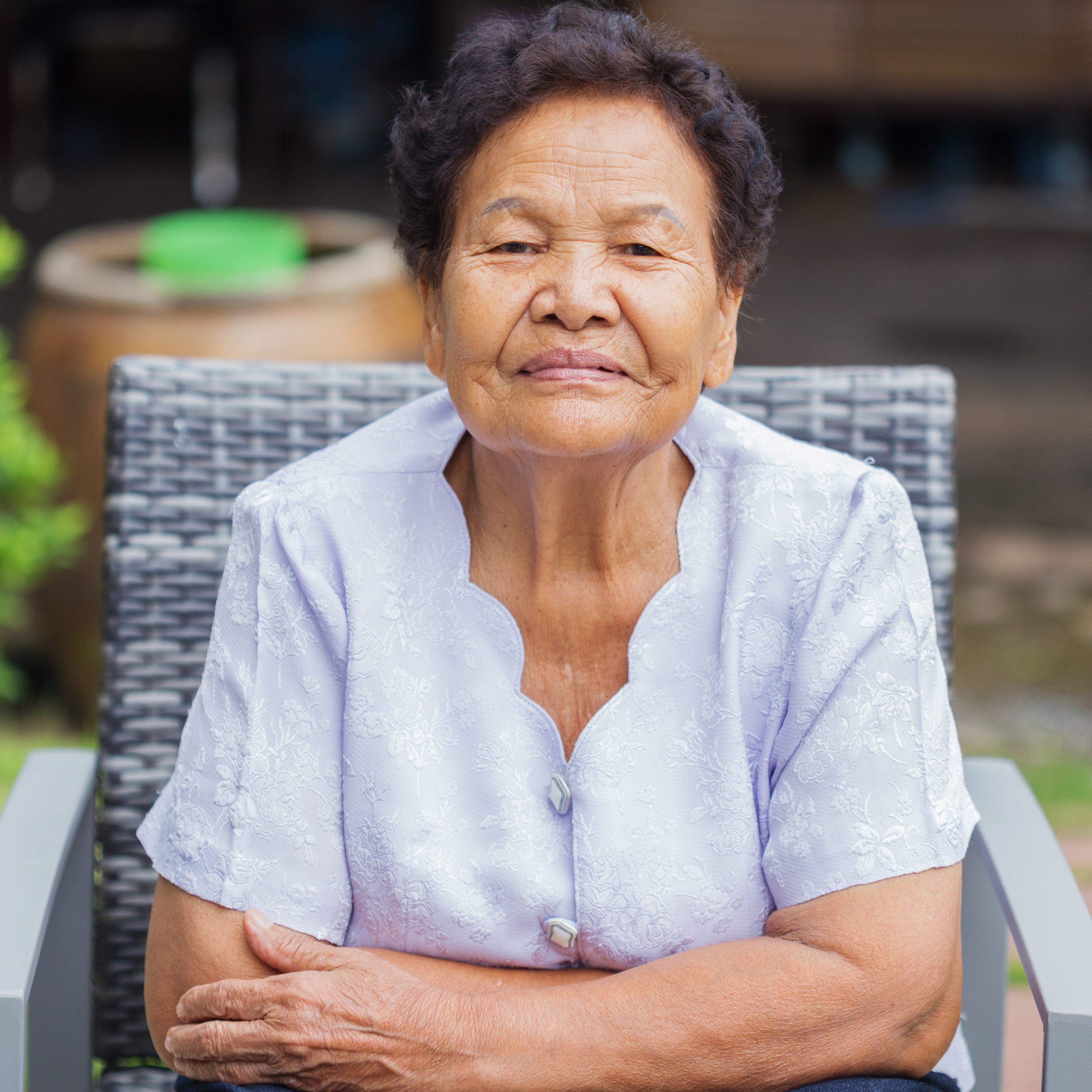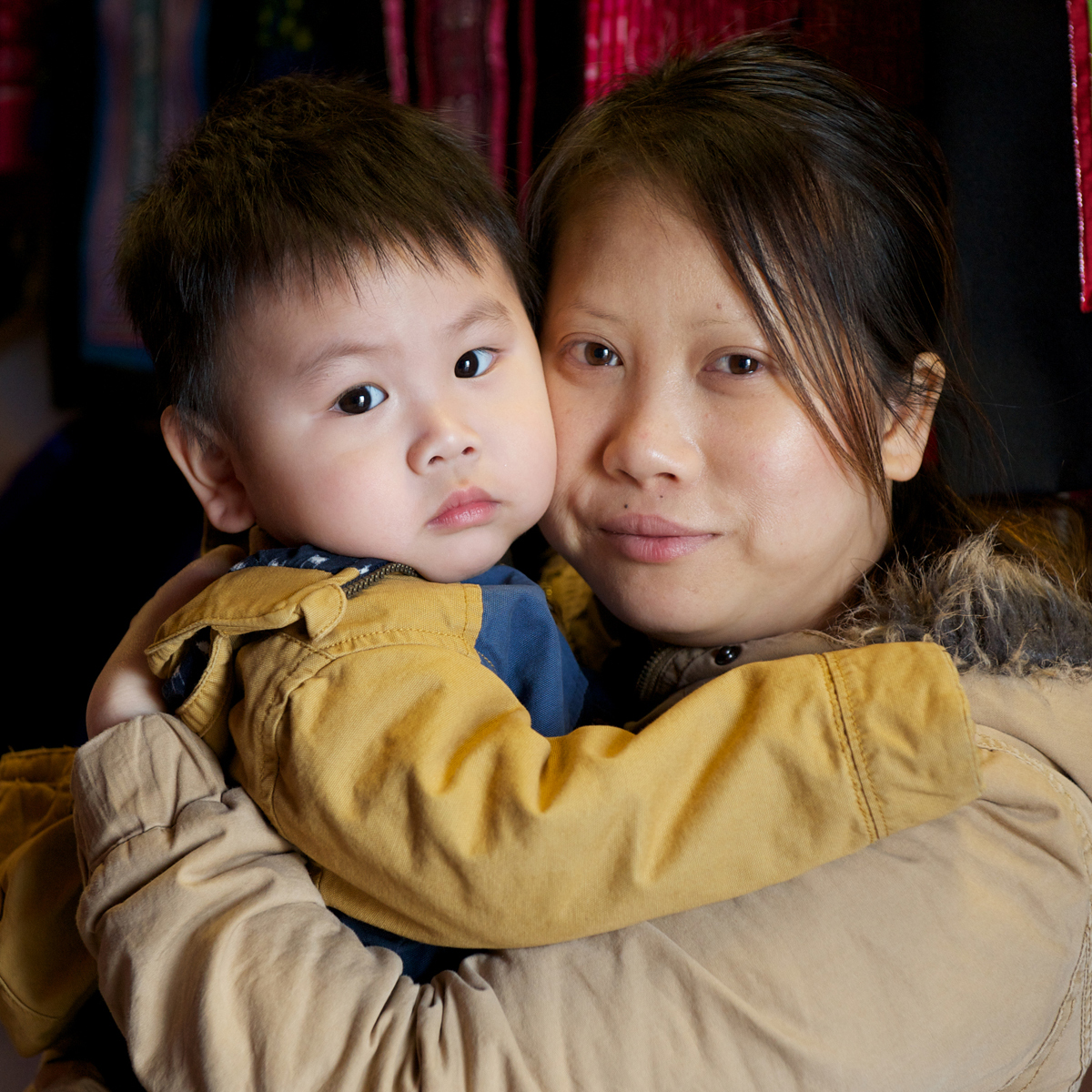
Paul Mattessich Reflects on Milestone Wilder Research Projects
Longtime Wilder Research Executive Director Paul Mattessich is retiring from his position this month. Paul has been with Wilder Research since 1978 and has served as its executive director for the past 39 years. During that time, Wilder Research has become a nationally renowned research practice that works with hundreds of organizations each year to help communities, government agencies and service providers turn information into impact.
Before he moves on, we asked Paul to share thoughts about some of the most memorable Wilder Research projects during his tenure. He highlighted a project from each decade of his time with Wilder Research and why they were important.
1980s: A Needs Assessment of Persons 60 and Older in Ramsey County

This 1978-80 study examined the living conditions and needs of Ramsey County's older population. Results of the survey of 1,228 residents age 60 and older included knowledge and use of services, health, family and social ties, life satisfaction, spiritual status, transportation, safety, legal, housing, economics, employment and volunteer activities, nutrition, education, and recreation.
What Paul says about this study:
“This study documented both assets and needs – counteracting some stereotypes about aging people living in the community. We discovered something well-understood now, but not predicted by others at that time: the large number of aging people receiving care in their homes from adult children.”
Check out the report ... we had to dig into the archives for this one!
1990s: Launch of the Minnesota Homeless Study
The statewide Minnesota Homeless Study has been conducted every three years since 1991. The study provides the most comprehensive source of descriptive information about homeless adults, youth, and children in the state. The data and reports produced from this work equip users with the information they need to identify and address systemic issues, improve programs and policies, and, ultimately, eliminate homelessness in Minnesota. You can view the results of the 1991 study in our research library.

According to Paul, “Prior to this research initiative, many groups – service providers, advocates, public officials, faith organizations, and others – sought to address homelessness, but joint efforts often faltered. Since we began the work, those groups have collaborated with Wilder Research and with each other to coalesce around a vision for data collection and follow-up action. The information we gather provides a common, solid base of knowledge upon which to build helpful, humane policies and programs to reduce and prevent homelessness.”
Learn more about the Minnesota Homeless Study.
2000s: Launch of Minnesota Compass

Launched in 2009, Minnesota Compass is a social indicators project that measures progress in our state, its seven regions, 87 counties, and larger cities. It provides nonpartisan, credible information and tracks trends in topic areas such as education, economy, workforce, health, housing, and a host of others.
Dig in to Minnesota Compass data.
Minnesota Compass makes powerful data accessible to anyone who wants to enhance their community.
2010s: Speaking for Ourselves: A Study with Immigrant and Refugee Communities in the Twin Cities

The 2015 Speaking for Ourselves survey asked immigrants and refugees living in the Twin Cities about their perceptions and experiences related to education, transportation, housing, public health, safety, employment, finances, community and social engagement, and the immigrant experience.
Paul’s note about the study: “This study, along with an earlier study Wilder Research completed with different immigrant groups, demonstrated a unique and valuable research approach to reflect the voices and perspectives of new arrivals as they begin the next stage of their lives in the destinations they reached. It has informed the work of community organizations and service providers not only in Minnesota, but elsewhere.”
Get results from the Speaking for Ourselves survey.
2020s: Using Data to Improve Community Safety and Policing in Brooklyn Park
The City of Brooklyn Park hired Wilder Research to uncover the root causes of violence in the city, understand community perceptions of the Brooklyn Park Police Department, create research-driven recommendations to improve community safety, and develop a tool to assess and improve the Brooklyn Park Police Department’s performance. The city recently recruited volunteers to serve on the Brooklyn Park Police Department Scorecard Community Task Force to help promote transparency, accountability, and positive relationships with Brooklyn Park residents and stakeholders using the scorecard developed by Wilder Research.
“The process of creating safe communities for all – both what people experience and how they feel psychologically and emotionally – has multiple layers. Wilder Research brought local and national research into Brooklyn Park to support that community’s progress toward effective and equitable public safety practices – an illustration of how research can support productive change.”
Learn more about the Brooklyn Park study.
Photo by Bernd Klutsch on Unsplash
Get started on your next research project
Explore our online Research Library to find Wilder Research studies across the decades on topics like early childhood, aging, community safety, and arts and culture.
Find out how research and evaluation can help your organization get the information you need to understand what’s working and what’s not, make effective changes, raise funds, and influence policy.